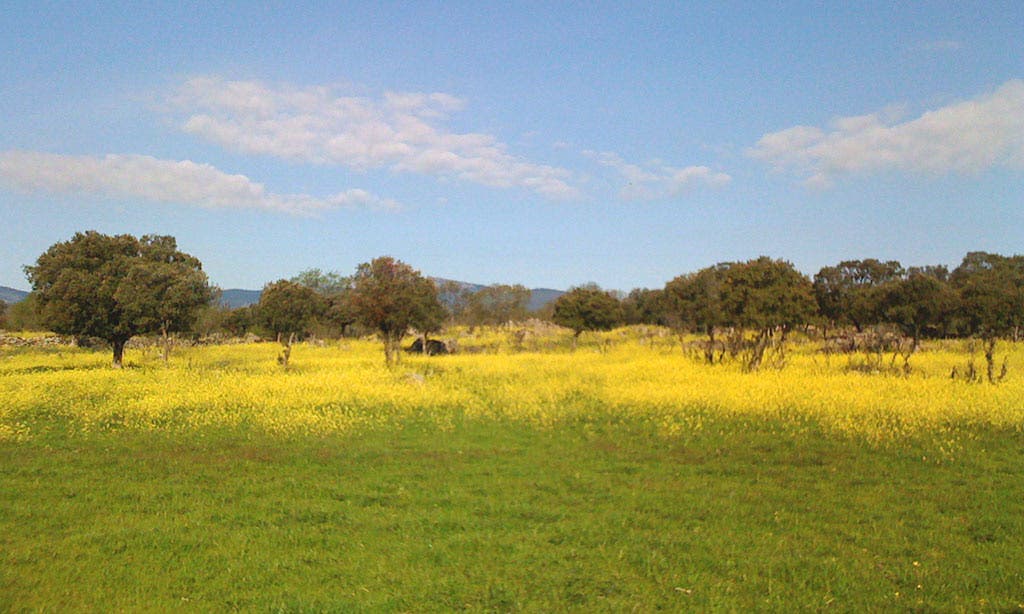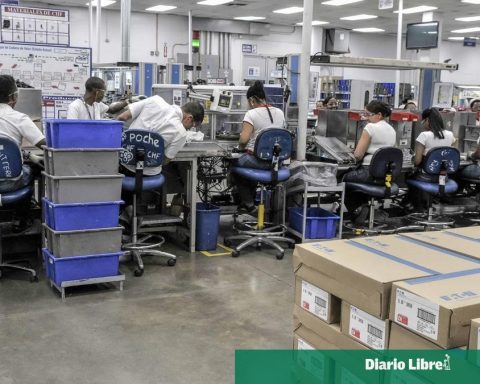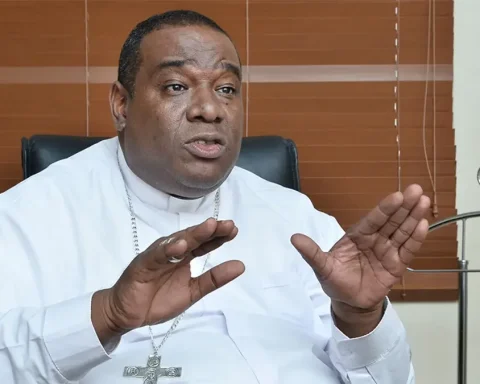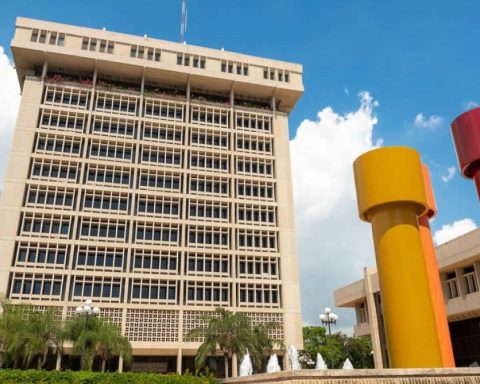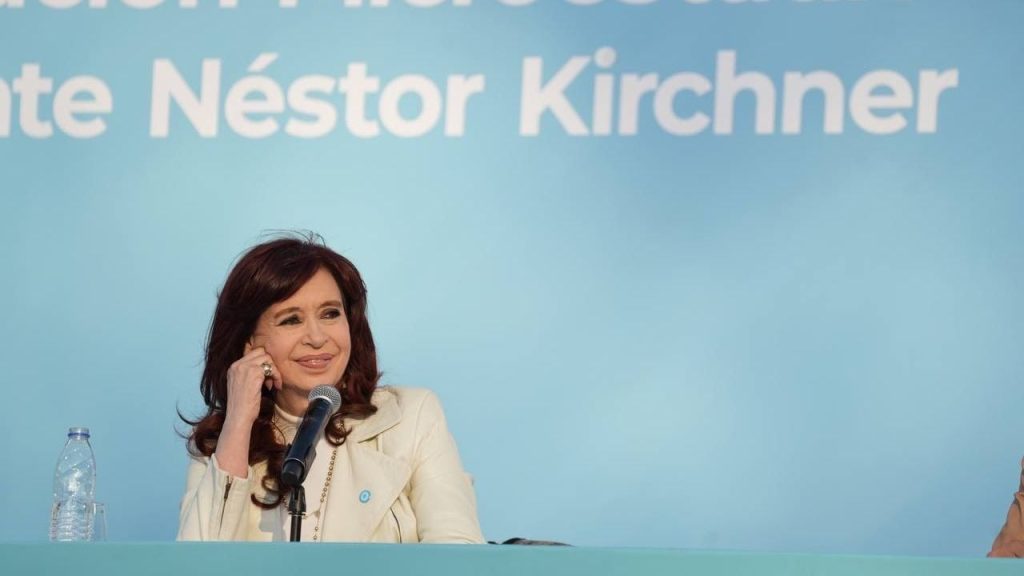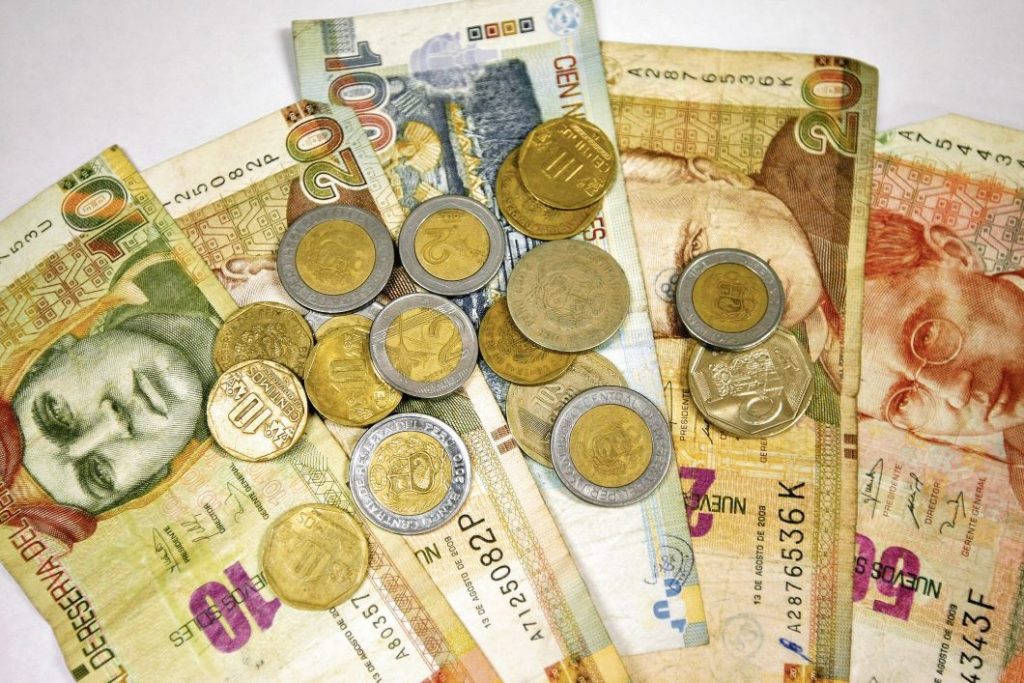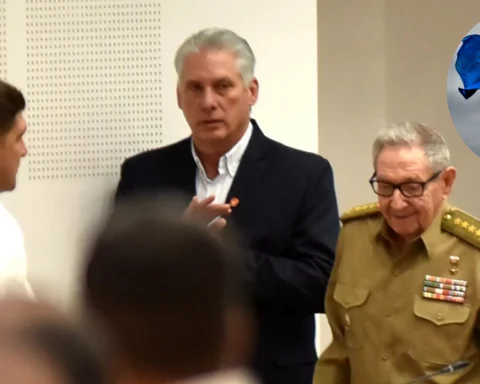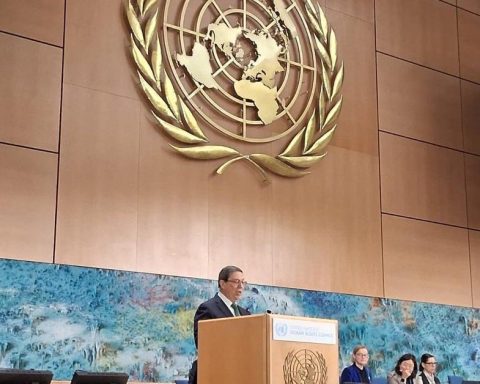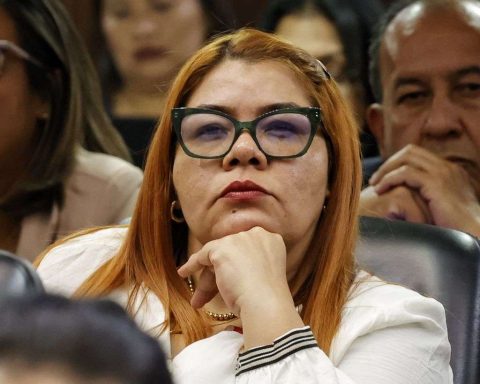The country must see in this negotiation a process that goes beyond the mere discussion of prices and focus on the strategic benefit
If an agreement is reached with Western companies to exploit the so-called rare earths in Pedernales (named by science Lanthanides), it would be as safe as birth for those who are destined to live.
For the United States, this is a matter of strategic interest: ensuring a raw material whose reserves are precarious, compared to the reserves of its competitors, and which contain materials that are essential for the manufacture of weapons and devices. high technology that require materials contained in rare earths (cerium, samarium, holmium or europium, among others).
China has 40 percent of the world’s reserves (estimated at 130 million metric tons), leading the ranking with approximately 44 million tons. According to records, Vietnam and Brazil complete the domain, both countries with more than 21 million.
But it is also a strategic bet for the Dominican Republic to reach an agreement with the United States for the exploitation of the rare earths that lie in part of its subsoil, since it would gain merit in the Alliance for Economic Prosperity, which includes twelve countries in the region with United States, to obtain a share of the large investments that will be mobilized in the region for the relocation of companies that seek to bring their production lines closer to the United States market.
In other words, there is too much to gain for both parties for each of them to do everything they can to bring an agreement to a successful conclusion.
This explains how diligent President Luis Abinader has been in creating the Empresa Minera Dominicana, SA (EMIDOM) through decree 453-24 to promote the sustainable extraction of the country’s strategic resources, with a special focus on rare earths.
The decree empowers that company to manage mining fiscal reserves, such as the “Ávila” Mining Fiscal Reserve in Pedernales, as well as to establish contracts and alliances with global companies to ensure the efficient and sustainable exploitation of these resources.
The United States has been equally diligent, a country that, as President Abinader revealed, has made nothing more and nothing less than its army’s engineering corps available to the Dominican Republic to explore the potential that the country has in this highly valued mining industry. .
Regarding the distribution of the cake, it is expected that the Dominican Republic will take advantage of the strategic value that rare earths have for the United States to obtain a benefit that would exceed what it could obtain in any other negotiation. In other words, the country must see in this negotiation a process that goes beyond the mere discussion of prices, to focus on obtaining the greatest possible strategic benefit, making the United States feel profitable even at the price of paying more.
And in terms of environmental impact, it is possible to ensure that no problems arise that cloud the process, associated with the levels of radioactivity contained in the materials to be extracted. In this sense, it is encouraging that President Abinader himself has expressed: “We are very aware of the international standards established for mining by the Extractive Industries Transparency Initiative (EITI), which we adopted in 2016.”
What it is about is ensuring the use of technology that prevents the exploitation of these resources from causing radioactive consequences for the environment. And that technology is available.
